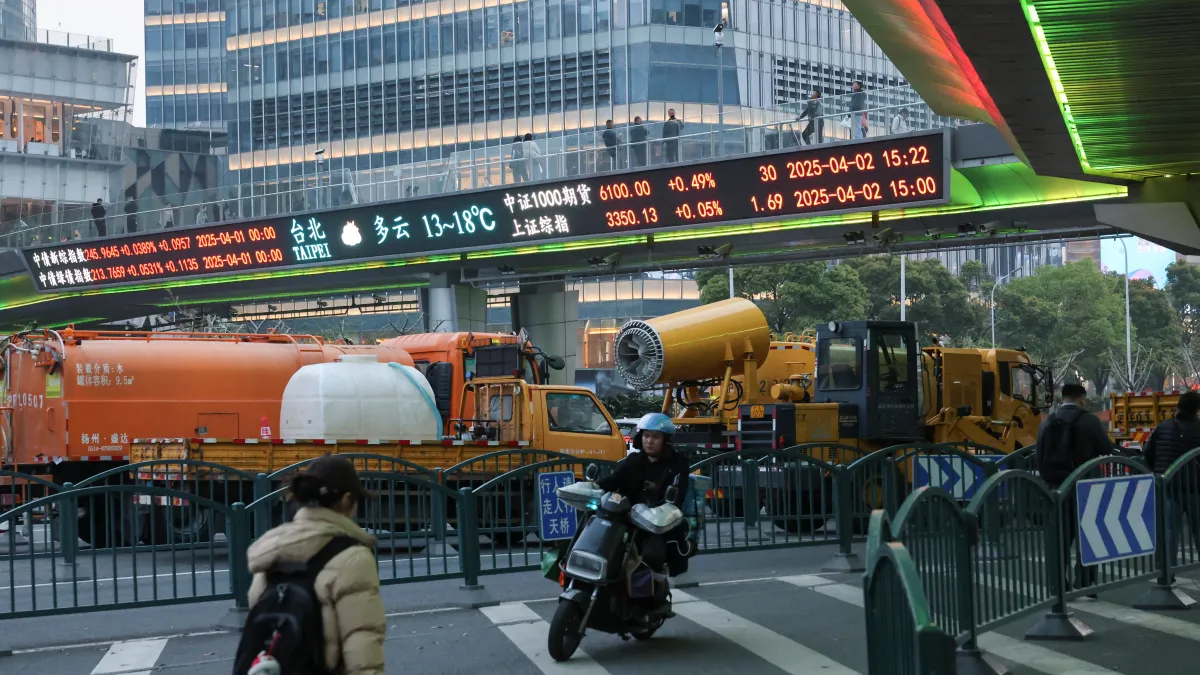#Tariffs what do they mean. Why is the US and
#Trump imposing them? What will change? What will it mean for the average
#usa American? What will it mean for the rest of the world? Who will be affected the most?
Tariffs are taxes imposed on imported goods, meaning that when foreign products enter the U.S., they are taxed. Here’s an overview of what tariffs mean and their broader effects:
Purpose and Rationale:
The U.S. government, under Trump’s administration, imposed tariffs to protect domestic industries from what were seen as unfair trade practices. These tariffs are used to make imported goods more expensive, encouraging consumers to buy U.S.-made products and thereby supporting American manufacturers and jobs.
Policy Intentions:
The tariffs are part of a broader strategy known as “trade protectionism.” By levying these taxes, the administration aimed to reduce the trade deficit and force trading partners to negotiate more favorable terms. In many cases, the tariffs were also intended to address issues like dumping (selling goods at unfairly low prices) and intellectual property theft.
Impact on Prices and the Average Consumer:
For the average American, tariffs can lead to higher prices on imported goods. Since many everyday items—from electronics to clothing and even food ingredients—are imported, the increased cost can lead to higher living expenses. However, proponents argue that these measures benefit the domestic economy over time by bolstering local industries, which may eventually mitigate some of the initial price hikes.
Global Effects:
Tariffs can trigger retaliatory measures from other countries. This means that U.S. exports might face increased tariffs abroad, potentially hurting American exporters. Globally, tariffs can disrupt established supply chains, lead to trade disputes, and increase costs for industries that rely on international trade. The interconnected nature of global markets means these effects can ripple out, impacting the world economy, particularly in sectors where countries are highly dependent on imports and exports.
Who’s Affected the Most:
Consumers: The direct impact for consumers is the rise in retail prices, meaning higher costs for everyday products.
Industries Dependent on Global Supply Chains: Companies that rely on imported components may face increased production costs, which can lead to higher prices for finished goods.
Exporters: Industries that export goods may suffer from retaliatory tariffs imposed by other countries, reducing their competitiveness overseas.
In essence, while tariffs are intended to protect domestic industries and job markets, they come with trade-offs where consumers and international trade relationships can be negatively impacted. The long-term outcome depends on how trading partners respond and how domestic industries adjust to the new trading environment.
#Tariffs what do they mean. Why is the US and #Trump imposing them? What will change? What will it mean for the average #usa American? What will it mean for the rest of the world? Who will be affected the most?
Tariffs are taxes imposed on imported goods, meaning that when foreign products enter the U.S., they are taxed. Here’s an overview of what tariffs mean and their broader effects:
Purpose and Rationale:
The U.S. government, under Trump’s administration, imposed tariffs to protect domestic industries from what were seen as unfair trade practices. These tariffs are used to make imported goods more expensive, encouraging consumers to buy U.S.-made products and thereby supporting American manufacturers and jobs.
Policy Intentions:
The tariffs are part of a broader strategy known as “trade protectionism.” By levying these taxes, the administration aimed to reduce the trade deficit and force trading partners to negotiate more favorable terms. In many cases, the tariffs were also intended to address issues like dumping (selling goods at unfairly low prices) and intellectual property theft.
Impact on Prices and the Average Consumer:
For the average American, tariffs can lead to higher prices on imported goods. Since many everyday items—from electronics to clothing and even food ingredients—are imported, the increased cost can lead to higher living expenses. However, proponents argue that these measures benefit the domestic economy over time by bolstering local industries, which may eventually mitigate some of the initial price hikes.
Global Effects:
Tariffs can trigger retaliatory measures from other countries. This means that U.S. exports might face increased tariffs abroad, potentially hurting American exporters. Globally, tariffs can disrupt established supply chains, lead to trade disputes, and increase costs for industries that rely on international trade. The interconnected nature of global markets means these effects can ripple out, impacting the world economy, particularly in sectors where countries are highly dependent on imports and exports.
Who’s Affected the Most:
Consumers: The direct impact for consumers is the rise in retail prices, meaning higher costs for everyday products.
Industries Dependent on Global Supply Chains: Companies that rely on imported components may face increased production costs, which can lead to higher prices for finished goods.
Exporters: Industries that export goods may suffer from retaliatory tariffs imposed by other countries, reducing their competitiveness overseas.
In essence, while tariffs are intended to protect domestic industries and job markets, they come with trade-offs where consumers and international trade relationships can be negatively impacted. The long-term outcome depends on how trading partners respond and how domestic industries adjust to the new trading environment.



